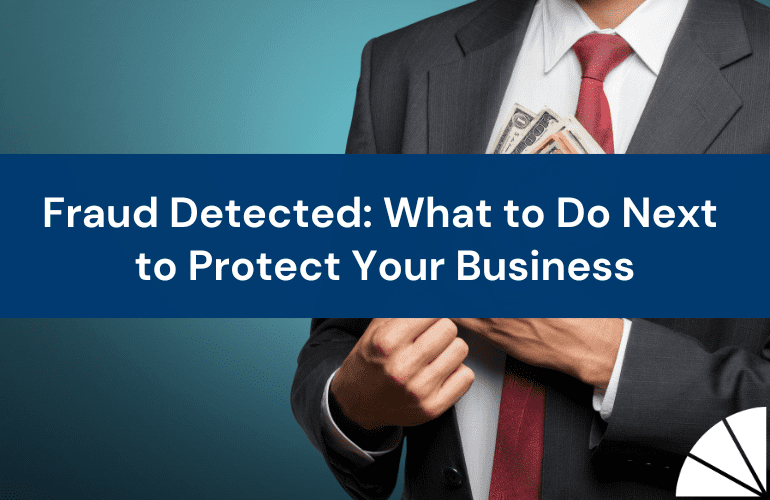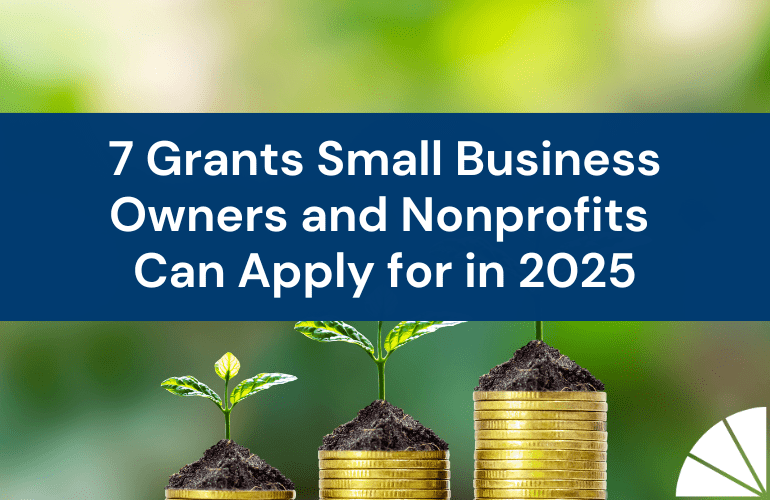
Would You Recognize a Scam Before It’s Too Late?
Imagine answering a phone call from someone claiming to be from the IRS, demanding immediate payment to avoid arrest. Your heart races, and panic sets in. Would you know how to spot the scam? In today’s hyper-connected world, fraudsters are more sophisticated than ever. They’re lurking behind emails that look like they’re from your bank, creating fake social media profiles, and even pretending to be loved ones in distress.
At LGA, we understand the profound impact that falling victim to scams can have on your personal and professional life. That’s why we’re committed to keeping you informed about the latest fraud tactics and empowering you with the tools to protect yourself and your organization. Whether you’re worried about identity theft, phishing attacks, or financial fraud, this guide will help you stay one step ahead of scammers.
The Evolving Threat of Fraud
Fraud isn’t new, but the digital age has made it more pervasive and harder to detect. With high-speed internet and the widespread use of social media, fraudsters can reach thousands of potential victims with just a few clicks. They are constantly evolving their tactics, making it crucial for individuals and businesses to stay informed.
Why Is Fraud Increasing?
- Digital Connectivity: As our lives become more integrated with technology, fraudsters have more avenues to exploit, from email and messaging apps to social media platforms.
- Advanced Tactics: Scammers use sophisticated methods like social engineering and phishing to manipulate victims into revealing sensitive information.
- Emotional Manipulation: By creating a sense of fear, urgency, or trust, fraudsters prompt people to act impulsively, often against their better judgment.
Common Scams You Need to Know About
Phone Scams
Phone scams range from simple impersonations to elaborate schemes involving multiple scammers working together. Fraudsters often pose as government officials, law enforcement, or even family members to trick victims into revealing personal information or sending money.
Watch Out For:
- Government Impersonation: Scammers pose as IRS agents or other officials, demanding immediate payment to avoid legal consequences. They often use threats of arrest or deportation to create fear and urgency.
- Fake Prizes or Lotteries: You might receive a call claiming you’ve won a sweepstake, but to collect your prize, you must first pay “taxes” or “fees.”
- Emergency Scams: A caller pretends to be a relative in trouble, urgently needing money for bail or medical expenses. They pressure you to act quickly and keep it a secret.
How to Protect Yourself:
- Let unknown calls go to voicemail. If it’s important, they’ll leave a message.
- Verify the caller’s identity through official channels before taking any action.
- Know the red flags: Government agencies rarely call without prior written communication and never demand immediate payment over the phone.
Phishing and Email Scams
Phishing scams are designed to steal personal information through emails that appear to be from trusted organizations. These emails often look legitimate, using company logos and professional language to trick you into clicking a link or downloading an attachment. Doing so may lead to a fake website designed to steal your login details or install malware on your device.
Common Variations Include:
- “CEO Fraud” or “W-2 Scams”: Attackers pose as company executives requesting sensitive employee data, such as payroll or tax forms.
- Spear Phishing: Targeted emails using personal details (often gathered from social media) to appear more credible.
How to Protect Yourself:
- Double-check email addresses for subtle typos or variations.
- Avoid clicking on links in unsolicited emails—and do not download attachments; if you open them by accident, do not run the script.
- Verify sensitive requests through a known, trusted contact method before taking action.
Tech Support Impersonation
Scammers frequently pose as tech support agents, claiming that your computer is infected with a virus. They may call you directly or use pop-up warnings urging you to contact a fake help desk. Once they gain remote access, they can steal personal files, capture financial details, or even lock you out of your device.
Protective Measures:
- Real tech support rarely makes unsolicited calls. Hang up if you receive one.
- Close suspicious pop-ups and restart your computer.
- If you’re concerned about a legitimate issue, contact a trusted IT specialist or the official support line listed on the company’s website.
Tax-Related Scams
Tax season is prime time for fraudsters. They often pose as IRS representatives demanding immediate payment for unpaid taxes. These calls or emails insist on secrecy and push for unusual payment methods like prepaid debit cards or gift cards.
How to Protect Yourself:
- Know that the IRS communicates by mail first and rarely demands payment over the phone.
- Verify any suspicious requests through official government websites or hotlines.
- File your taxes with your CPA to minimize the risk of identity theft.
Red Flags to Watch Out For
Many scams share common warning signs:
- Urgency and Pressure: Scammers push for quick decisions, discouraging you from seeking advice.
- Requests for Sensitive Information: Social Security numbers, bank account details, or credit card information.
- Threats and Fear Tactics: Threats of legal action, arrest, or severe penalties.
- Unsolicited Contact: Emails, calls, or texts that arrive unexpectedly.
Trust your instincts. If something feels off, slow down, verify the details, and resist pressure to act immediately.
Protect Your Future with LGA
Fraudsters are constantly refining their methods, but you can protect yourself and your organization with the right knowledge and precautions. At LGA, we’re committed to helping you stay safe in an ever-changing digital landscape. If you need guidance on safeguarding your finances or protecting your business from fraud, reach out to us today.
You can significantly reduce your risk by staying vigilant, educating yourself, and taking proactive security measures. At LGA, we believe that knowledge is power—and we’re here to empower you to protect what matters most.






